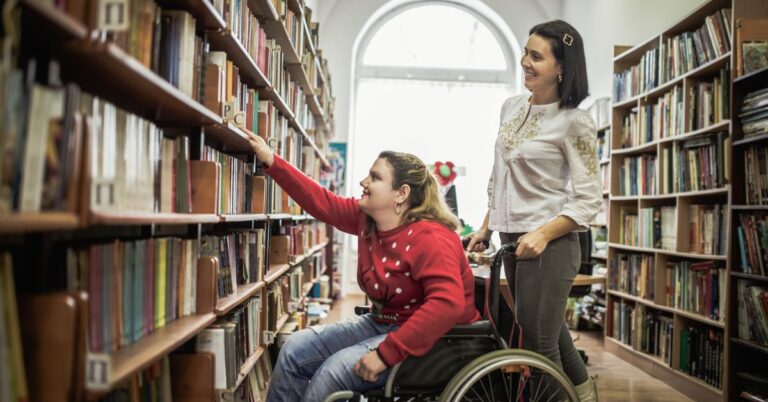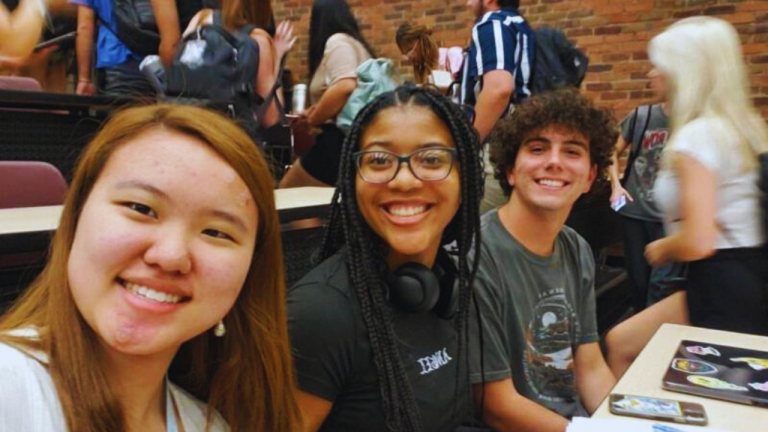Historically, left-handedness was misunderstood and, at times, stigmatized. But today, in the modern era, left-handed students have a recognizable trait that can help them pay for higher education solely because of their predominant writing hand. While it’s not as large of a category as something like scholarships for athletes, several organizations and programs graciously offer financial aid to left-handed people.
As its name implies, left-handed scholarships are special types of financial awards designed for students who primarily use their left hand for everyday tasks like writing or throwing. While being left-handed is the primary requirement, many of these scholarship programs also consider other factors, such as academic achievements, leadership qualities, or extracurricular involvement.
In researching scholarship opportunities, we identified Bold.org as a standout platform for scholarship opportunities. With a broad selection of scholarships tailored to diverse student backgrounds, Bold.org provides some of the best options for lefties looking to support their education.
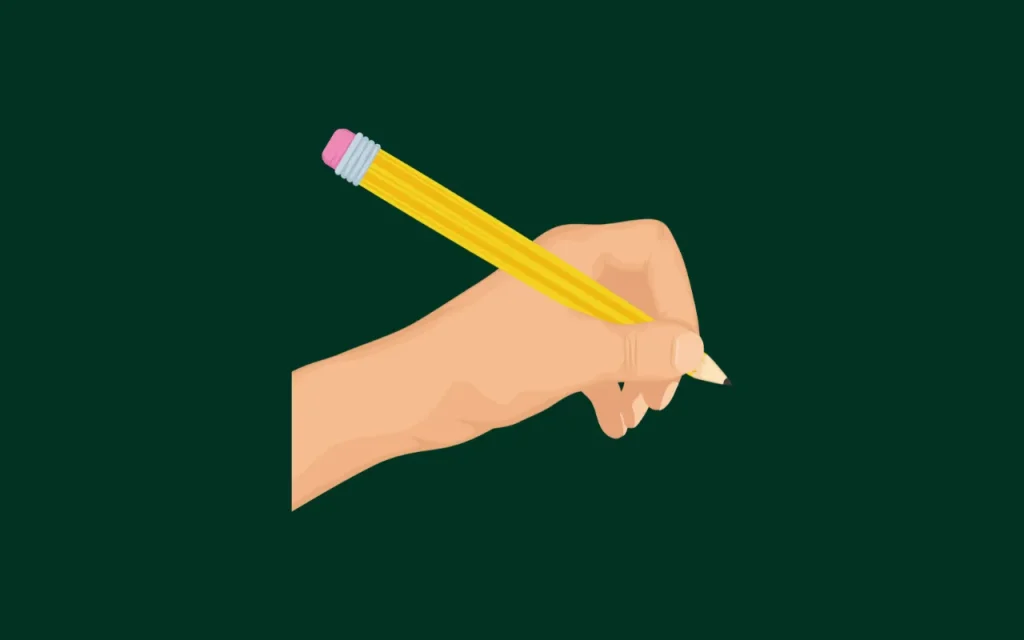
Types of Scholarships for Left-Handed College Students and Individuals
Merit-Based Scholarships
These scholarships recognize left-handed students who demonstrate solid academic achievements or are actively involved in extracurriculars or community service. In addition to requiring that applicants be left-handed, many of these scholarships will ask for academic records, such as a high school transcript showing a minimum GPA.
University Specific Scholarships
Many universities and colleges offer their own scholarships tailored to the diverse backgrounds and traits of their students. Students of all types should reach out to their prospective universities to see what scholarship opportunities they can offer them.
Need-Based Scholarships
For left-handed students facing financial challenges, need-based scholarships can be essential. To qualify, students—left-handed or otherwise—often need to complete the FAFSA and demonstrate financial need as part of the application process.
Left-handed students can apply for various scholarships to decrease higher education and college costs. Below are some of the common scholarship types and what they typically require.
These are just a few of the types of scholarships for left-handed people. There are many more to explore, like athletic scholarships, field-specific, program-specific, governmental, and state-specific, among others.
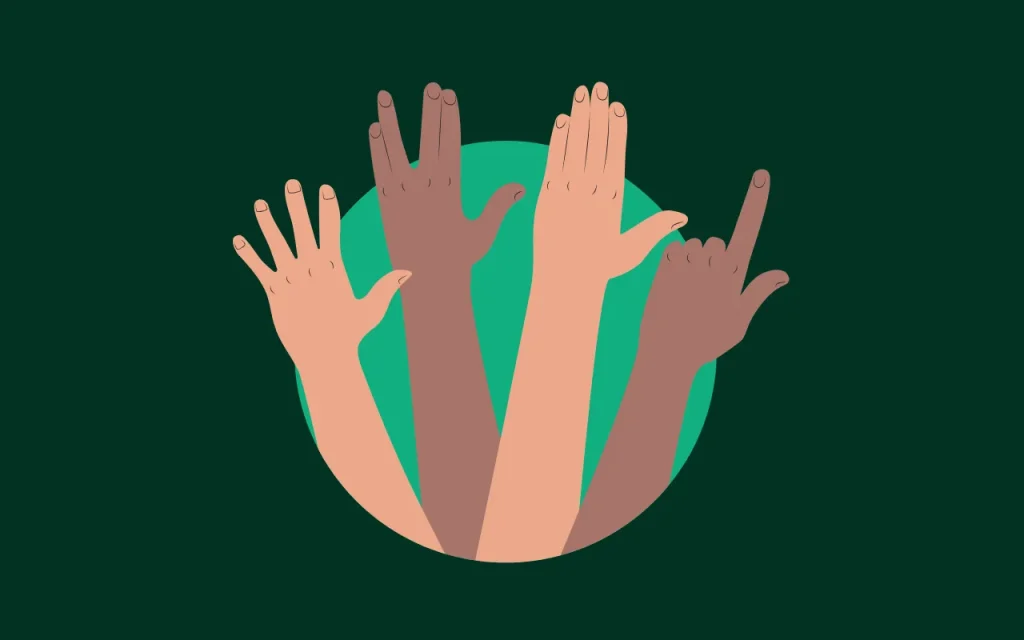
How to Find Scholarships for Left-Handed People
- Begin with Scholarship Platforms A scholarship platform we recommend is Bold.org, which offers a vast selection of scholarships, including those geared toward students with unique characteristics, such as left-handedness. Regularly updated with new opportunities, Bold.org allows you to filter for scholarships that best suit your background.
- Search Your School’s Financial Aid Listings Many colleges and universities offer specialized scholarships, including those for unique traits like being left-handed. Check your school’s scholarship portal or financial aid office for any specific awards tailored to left-handed students. School-based scholarships can be highly accessible and may have less competition, giving left-handed students a better chance of securing funding.
- Tap into Local Resources and Community Groups Local organizations, community groups, and even small businesses sometimes offer scholarships for students with distinctive qualities. Reach out to your guidance counselor, principal, or community center to learn about local scholarships for left-handed students. Community-based scholarships often have a more personal application process, and your left-handed background can help you stand out.
How to Apply for Left-Handed Scholarships: A Step-by-Step Guide
Once you’ve found left-handed scholarships, follow these steps to maximize your chances of success:
Review Eligibility Requirements Carefully
Scholarship requirements can vary, even among those tailored to left-handed students. Some left-handed scholarships may also consider additional factors like academic achievement, extracurricular involvement, or financial need.
Gather Your Documents
Common application materials include your high school or college transcripts, letters of recommendation, and financial documents if the scholarship is need-based. Having these ready beforehand will make the application process smoother.
Craft a Unique Personal Statement
Highlight how being left-handed has shaped your perspective, experiences, or ambitions. Mention any challenges or advantages you’ve faced as a left-hander, and connect these to your academic or career goals.
Showcase Your Strengths Beyond Left-Handedness
Many left-handed scholarships also consider factors like leadership, volunteer work, or other achievements. Emphasize your strengths and experiences outside of being left-handed to present yourself as a well-rounded candidate.
Submit Applications Early and Proofread Carefully
Early submission can show commitment and ensure you meet deadlines. Proofreading is crucial to presenting yourself professionally—double-check for grammar and clarity to make the best impression on reviewers.
Tips for Winning a Left-Handed Scholarship
While there’s no surefire way to guarantee a scholarship win, you can increase your chances by creating standout applications. Here are some key tips to guide you:
Tip 1: Start Your Search Early
Procrastination is the enemy of scholarship success. Start your search as early as possible to give yourself time to find the best scholarships and craft thoughtful, complete applications.
Tip 2: Highlight Your Unique Perspective as a Left-Handed Student
Being left-handed in a right-handed world provides a unique perspective. Use this to your advantage by sharing how being left-handed has influenced your experiences, perspective, or approach to challenges. Emphasize moments when being left-handed played a role in shaping who you are today, showing the scholarship panel your authentic story.
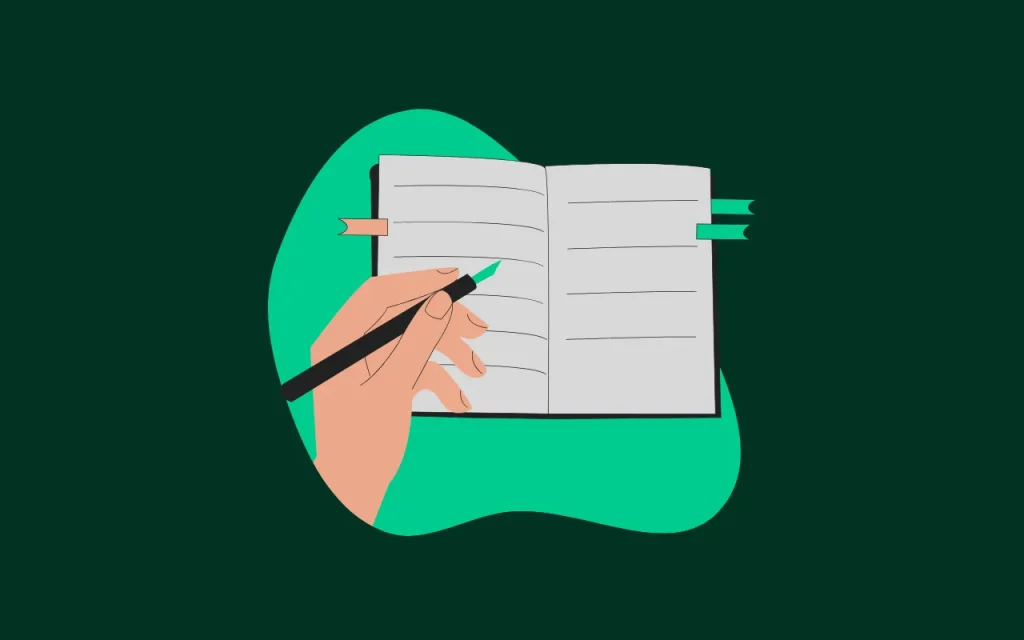
Tip 3: Write a Strong, Personal Essay
If an essay is required, ensure it’s polished, well-organized, and genuinely reflective of who you are. Write in your natural voice and stick closely to any prompts or instructions. If available, read essays from past winners to understand what resonates with the scholarship committee, and edit your essay carefully to eliminate any errors.
Tip 4: Apply for Multiple Scholarships
The more scholarships you apply for, the higher your chances of winning. Look for left-handed scholarships, but also explore other categories you qualify for.
Tip 5: Stay Positive and Persistent
It’s normal to face some rejections, but don’t let that discourage you. Each “no” brings you closer to a “yes.” Stay optimistic and keep improving your approach by considering feedback and refining your applications. With persistence, you’re likely to find the right scholarship opportunities.
Frequently Asked Questions About Scholarships for Left-Handed People
1. Can Left-Handed Students Find Scholarships for Graduate School?
Yes, graduate students can often find left-handed student scholarships if they’re left-handed. Some programs may exist specifically for graduate students, while others cater to all left-handed students regardless of grade level. Be sure to read the eligibility criteria of each scholarship or scholarship program to determine if you can apply.
2. What Are Some Other Resources for Left-Handed People?
Apart from scholarship awards, left-handed people can find resources like specialized tools or materials (such as left-handed notebooks and binders), support groups, and websites dedicated to the left-handed community. One example is lefthandedchildren.org, which has a Left-Handers Club with over 100,000 members and helpful guides; another is the Andrew Macrina scholarship fund.
3. How Do You Start a Scholarship Essay?
Starting a scholarship essay can involve grabbing the reader’s attention, setting the tone, and introducing the topic. Be sure to follow the essay prompt (if provided) and sound genuine in your response, sharing personal stories or wisdom that address the topic. You can also have others review your work to ensure it comes across as intended.
To learn more about finding scholarship money, tutoring services, or student finances, take a look at our blog today.
Our Editorial Team, with a rich background in educational content creation, prioritizes accuracy and quality in every article. We are committed to producing expert content tailored to meet the academic needs of college and high school students, ensuring they receive well-researched and trustworthy information for their educational journey.


